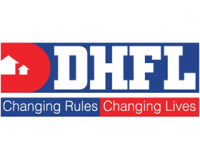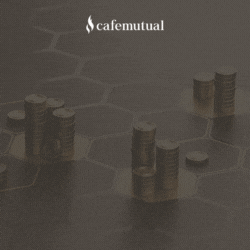On Tuesday, DHFL missed interest payment of its NCDs following which credit rating agencies downgraded DHFL NCDs and commercial papers to default grade. In line with the valuation norms, mutual funds took a haircut 75% (secured loans) or 100% (unsecured loan) and NAVs of schemes having high exposure to these debt securities nose-dived.
To assuage market fears, founders of DHFL assured investors that they would repay the interest on Monday, which would be within the 7 days cure period. Many advisors contacted Cafemutual to know whether this would lead to an immediate increase in NAV. We spoke to a few experts to understand their views on the topic.
Experts say advisors first need to see whether DHFL NCDs or CPs are maturing immediately or later. If they have advised funds having DHFL papers due for maturity and DHFL promoters honour their debt obligation then a complete recovery in NAV is possible.
On the other hand, if the fund has invested in DHFL papers, which will not mature in the near term then a recovery in NAV is unlikely till the papers are rerated.
Kirtan Shah, COO, StreetsAhead shared that SEBI regulations say that rating agencies cannot rerate a ‘default’ rated security to investment grade security before three months. Simply put, they cannot take a U Turn immediately. Consequently, if the promoters repay the debt on Monday, there may be a slight increase in NAV on expectation of rating upgrade to C or BB. However, it is unlikely to recover its earlier ratings.
He added that in case the paper matures and the promoters repay all dues, then we could see a complete recovery in NAV. In case the papers are due for maturity and the dues are repaid then the notional losses will be recouped.
Vidya Bala, Head of Mutual Fund Research, Fundsindia said that many schemes have DHFL papers maturing in later half of 2019 or 2020. These schemes may not see a sharp revival in their NAVs until the rating upgrade.
Overall, 22 fund houses have exposure to DHFL papers as on April 2019. Certain schemes of DHFL MF, Tata MF and Baroda MF were worst hit and saw a sharp drop in NAV.
Ajit Menon, CEO, Pramerica Mutual Fund shared that their two schemes are having high exposure to DHFL papers due to sharp fall in their AUM and inability to sell DHFL papers. In fact, their parent company Prudential US had taken some DHFL papers onto the AMCs balance sheet to reduce the concentration impact much before this event. The fund house was in the process of merging these schemes, before the default. However, with the turn of events, they have suspended fresh purchases to these schemes to prevent opportunistic investments, as the haircut is far steeper that DHFL’s asset value.
Tata MF meanwhile has announced intention of creating a segregated portfolio for its three affected debt schemes. In a press release today, the fund house shared that they had already applied for creating a segregated portfolio in Tata Corporate Bond Fund, Tata Medium Term Fund and Tata Treasury Advantage Fund. The fund house is waiting for the 30-day load free period to get over on June 14 to create a segregated portfolio. Meanwhile, they have suspended fresh purchase in these schemes.
What should investors do?
A fund manager who did not wish to be named shared that unless the investor has immediate cash requirement, it is better to stay put. Analysis of DHFL’s assets shows that there is a high probability of recovery. The current issue is of liquidity rather than credit quality.
Another fund manager requesting anonymity shared that investors should remain invested. They have already taken a steep cut (current valuation is at 0% or 25%). Even if we look at the stressed value of DHFL’s assets, it points to a recovery of 75%.
However, if we consider sell-off of Aadhar Housing Finance (DHFL is a stakeholder in the housing finance company) and account for the monthly interest payment received by the company from its borrowers, DHFL will be able to honour all its obligations.







